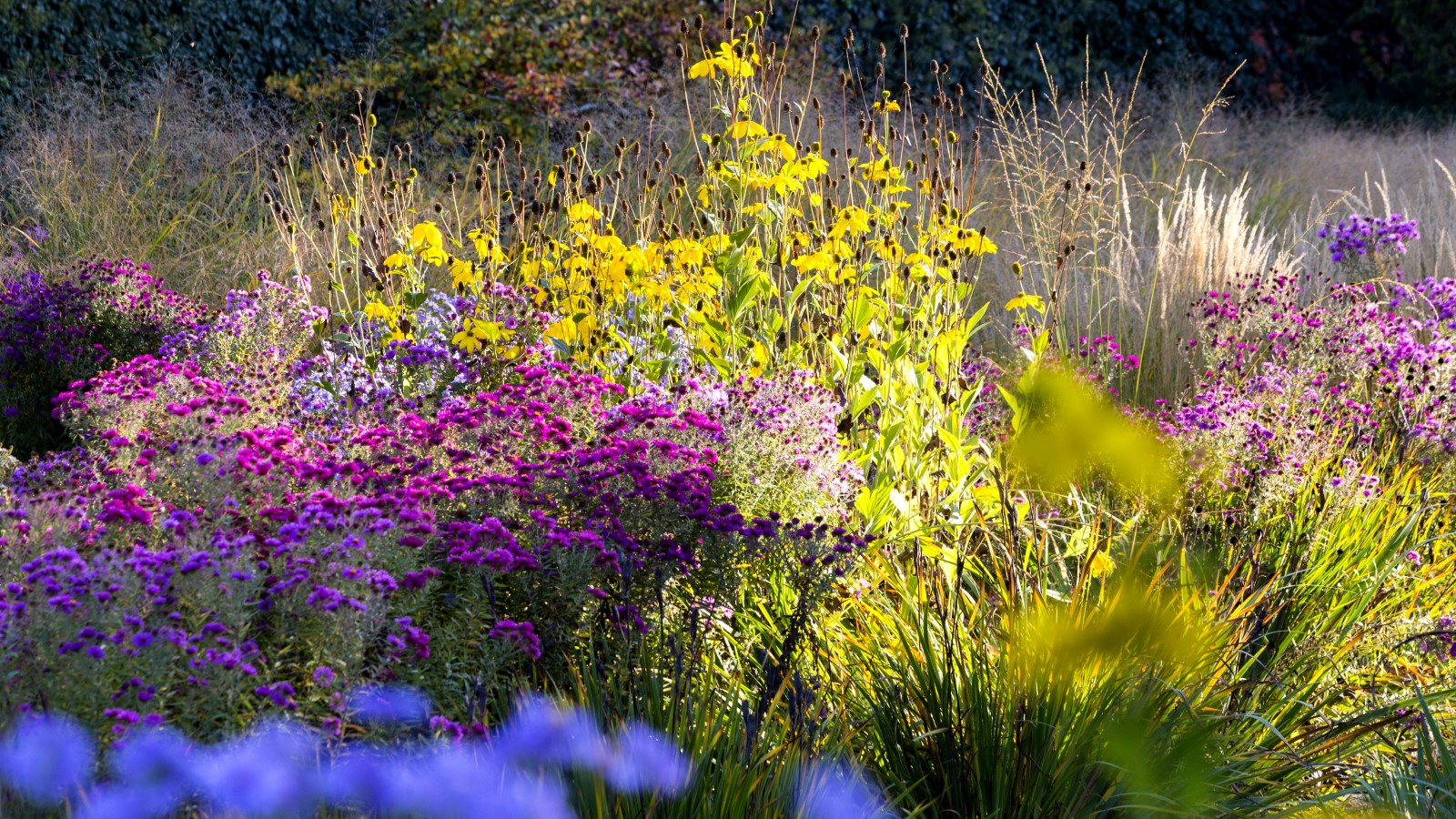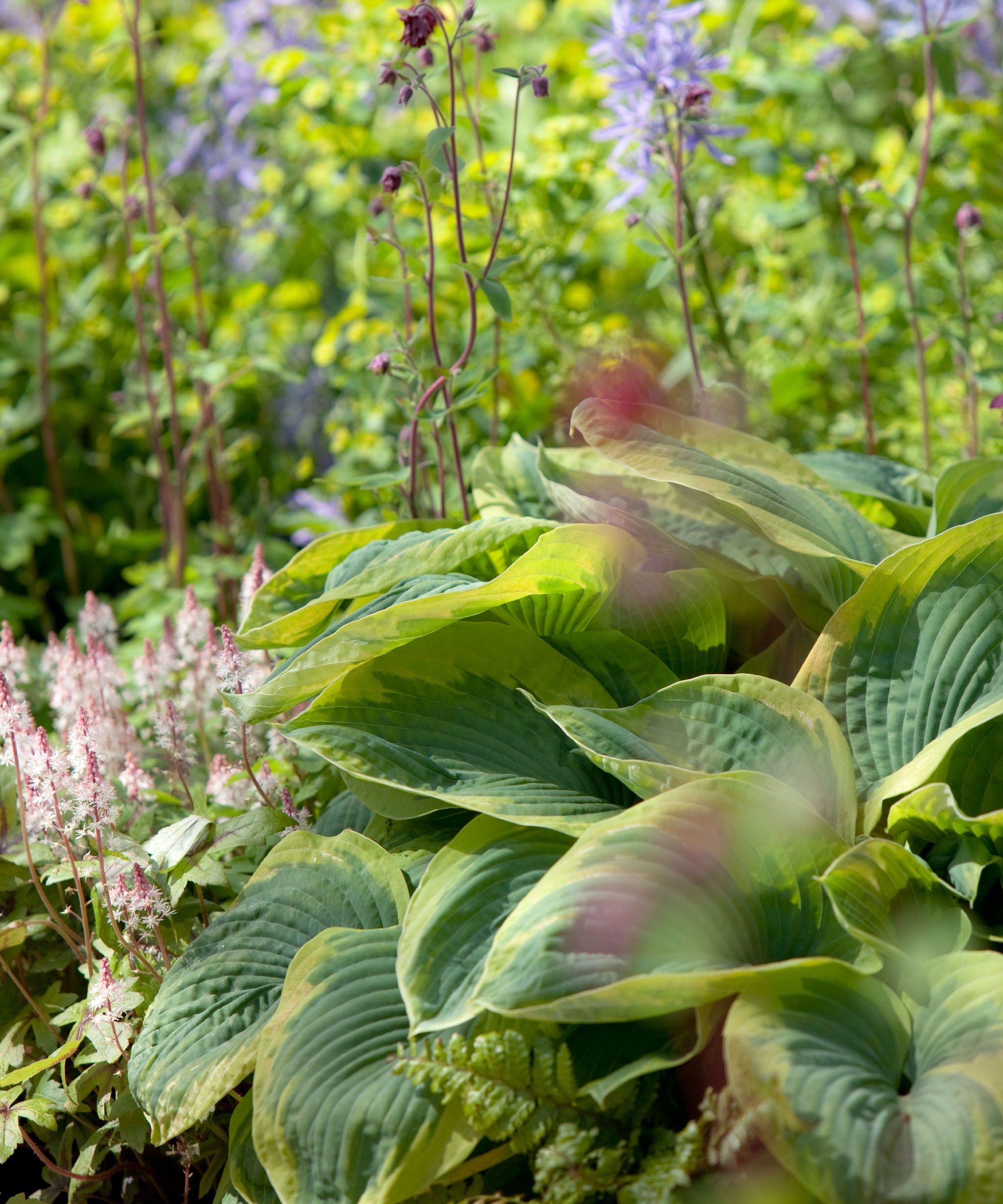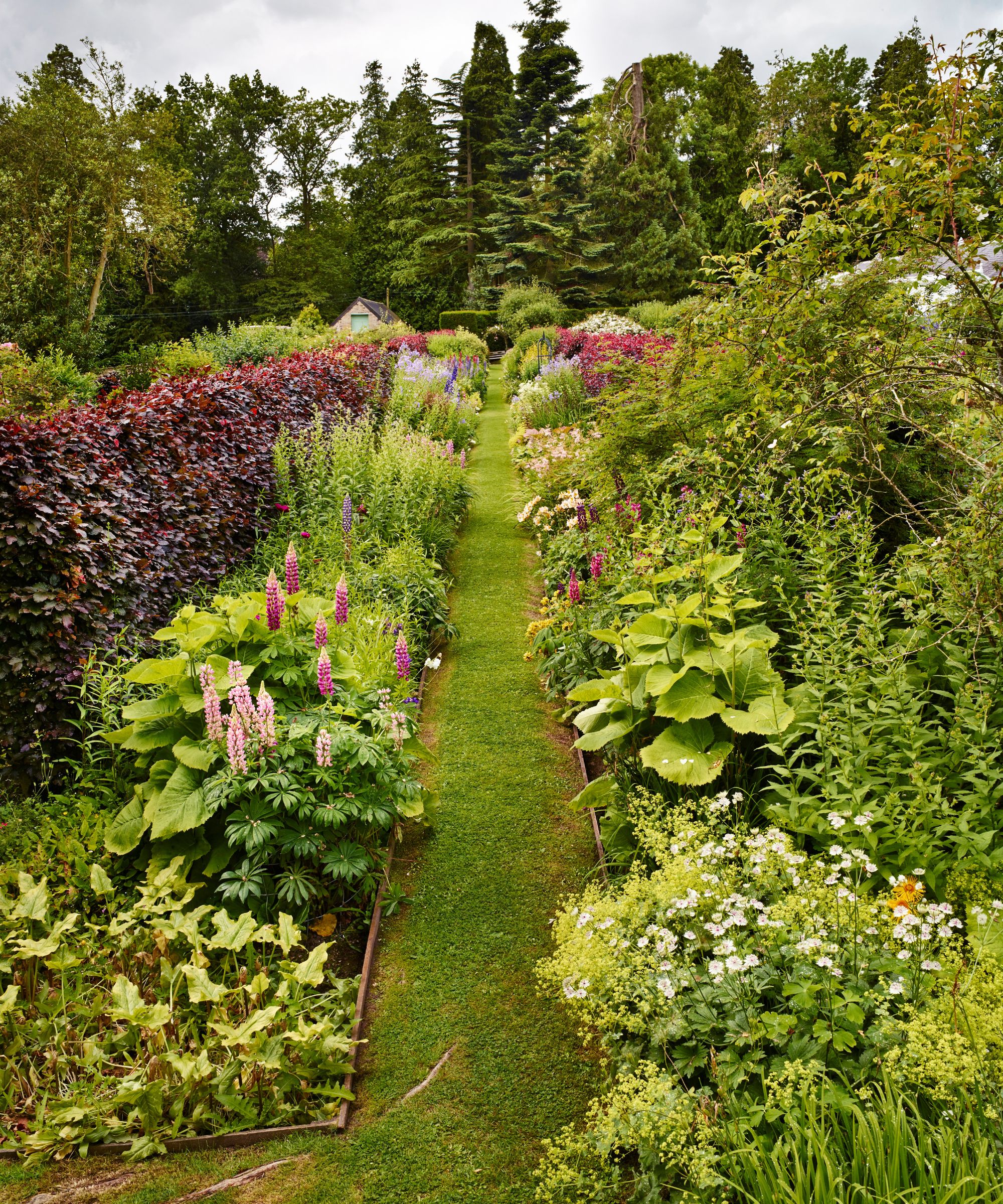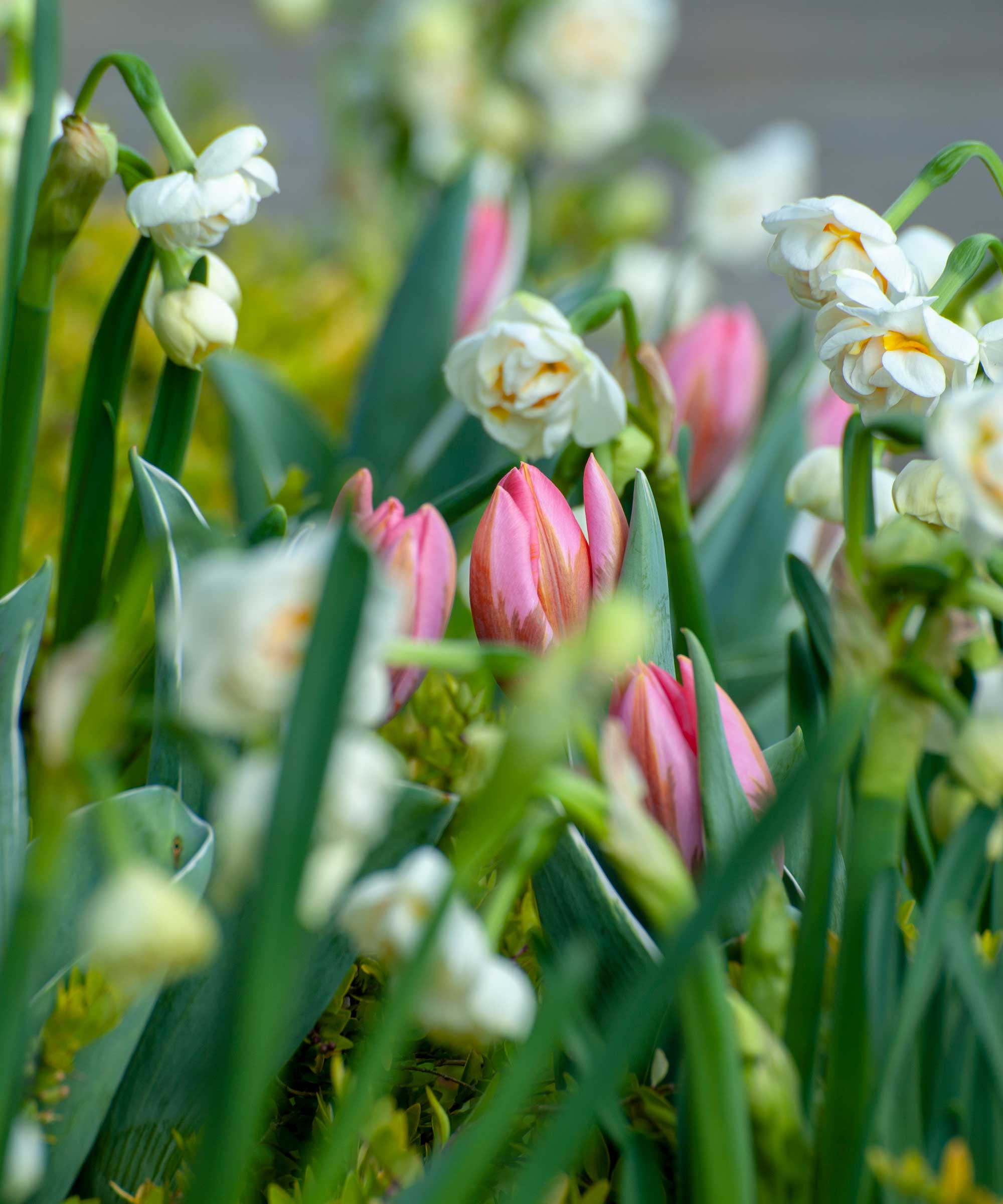3 easy ways to use salt in the garden as a non-toxic and inexpensive alternative to harsh chemicals – it can even deter squirrels
Table salt sitting in your kitchen cupboard could be more useful than you realise


When it comes to sustainable garden ideas, sometimes the old-fashioned methods really are the best.
We all love effective natural gardening hacks, and it turns out that salt, regular salt that we all have in our kitchens, can have uses in the garden too.
Though there are some ways to use salt in the garden, proceed with caution; salt can throw your garden into maritime conditions very quickly. So use it carefully, and only in the contexts outlined here.
1. Prevent the heartbreak of slug and snail damage

Slugs and snails are, like all wildlife found in the garden, a vital part of the ecosystem and the complex ecological community that lives in your garden. Though that's little compensation for the damage they can impart on young seedlings, crops, and flowers.
When it comes to slug control methods, many of us choose to control the issue by death or relocation. We have all attempted to throw slugs across the garden fence, whether we like to admit it, or not. It's best to stick to natural tactics rather than chemicals. Slug pellets are a big no-no, since they are a hazard to all types of wonderful wildlife.
Salt, that is ordinary salt you have in the kitchen, kills slugs and snails very quickly. Though it's worth proceeding with caution, since salt will also kill many of your plants if put onto the soil directly, since it can dramatically alter the soil's pH. If you have a potted plant, you could sprinkle salt around the outside of the container, which will stop the slug being able to get anywhere near.
2. Kill weeds without employing toxic chemicals

The best way to get rid of weeds is to remove them physically, roots and all. However, granted, other things can also kill weeds. Salt kills weeds by severely dehydrating them.
Design expertise in your inbox – from inspiring decorating ideas and beautiful celebrity homes to practical gardening advice and shopping round-ups.
This method is less advisable for flower beds, as the salt can alter the structure and pH of the soil and affect your plants.
It is a great weed control method for driveways, patios, and gravel, where there are no surrounding plants that will suffer as collateral damage.
Apply rock salt to cracks and crevices in your pavement or driveway. You can sprinkle it in undiluted. This will kill weeds very fast and will not negatively affect any local wildlife. Apply it around garage doors, walkways, pathways or patios to kill any weeds, fast.
3. Protect your bulbs from bulb thieves

I have suffered the anguish of squirrels ruining spring bulb displays for many years. It's pretty agonizing to watch squirrels run off with one of the bulbs you have been patiently waiting to bloom.
The problem is usually with tulip bulbs, which squirrels are passionate about. I have heard of every possible way to get rid of squirrels, from chilli powder to holly leaves, to purchasing a squirrel repellent spray, which is made of (often natural) ingredients that squirrels hate.
Salt is a great squirrel deterrent. Some people advise sprinkling salt into the hole where the bulb will grow, but I would warn against this, as it might do more harm than good.
Instead, I have found that using a combination of these three methods works every time. Use thorny rose cuttings in the top layer of soil when you are planting tulip bulbs. Use garlic to deter squirrels, too.
Simply take whole garlic cloves and crush and sprinkle them on top of the soil where the bulb sits beneath. Add a spoonful of salt to the mix, and you will have a mixture that successfully repulses squirrels.
When on the prowl for budget landscaping ideas, it is easy to get overwhelmed by the amount of 'stuff' people insist you buy to make a garden work. Though sometimes, things you already have to hand, at little to no extra cost really are the best.

Sophia Pouget de St Victor is the UK Content Editor at Homes & Gardens, bringing readers the latest trends, expert insights, and timeless design inspiration tailored to a UK audience. With a background in luxury interiors and a qualification in Garden Design from London, she has a passion for creating spaces with character and emotional depth. Sophia gravitates toward interiors that defy definition, valuing individuality and effortless elegance. She lives in West London with her partner, two mischievous terriers, and a plump cat named Lettuce.